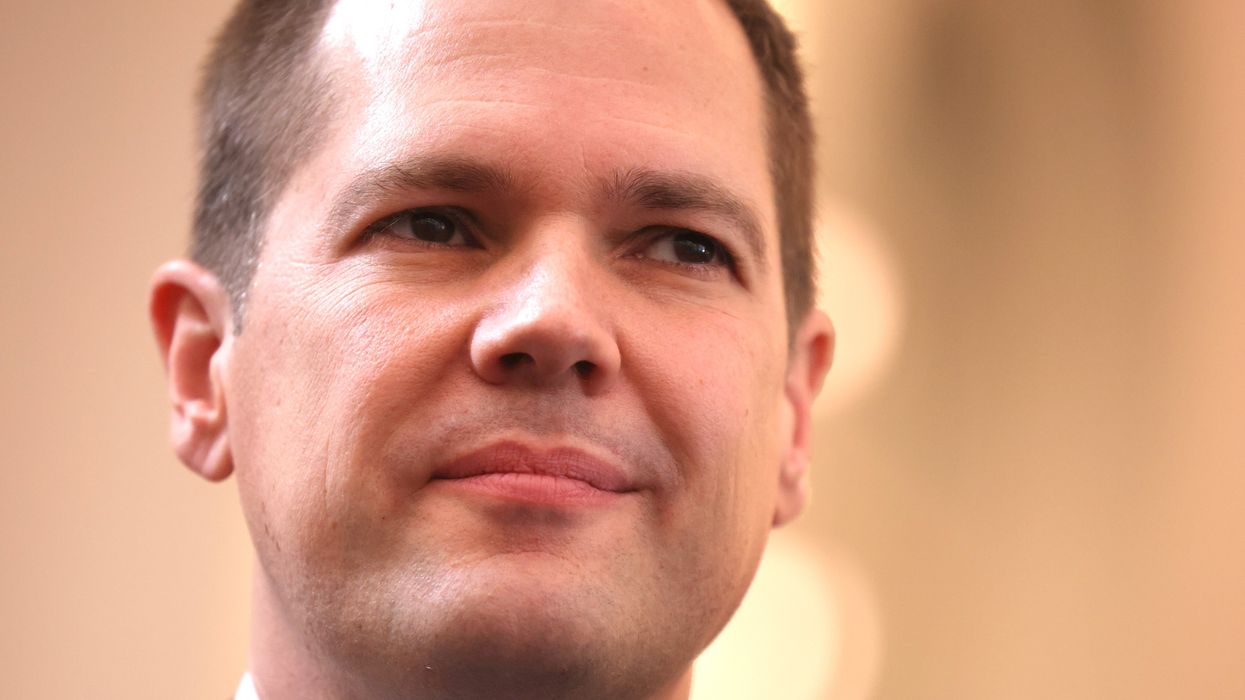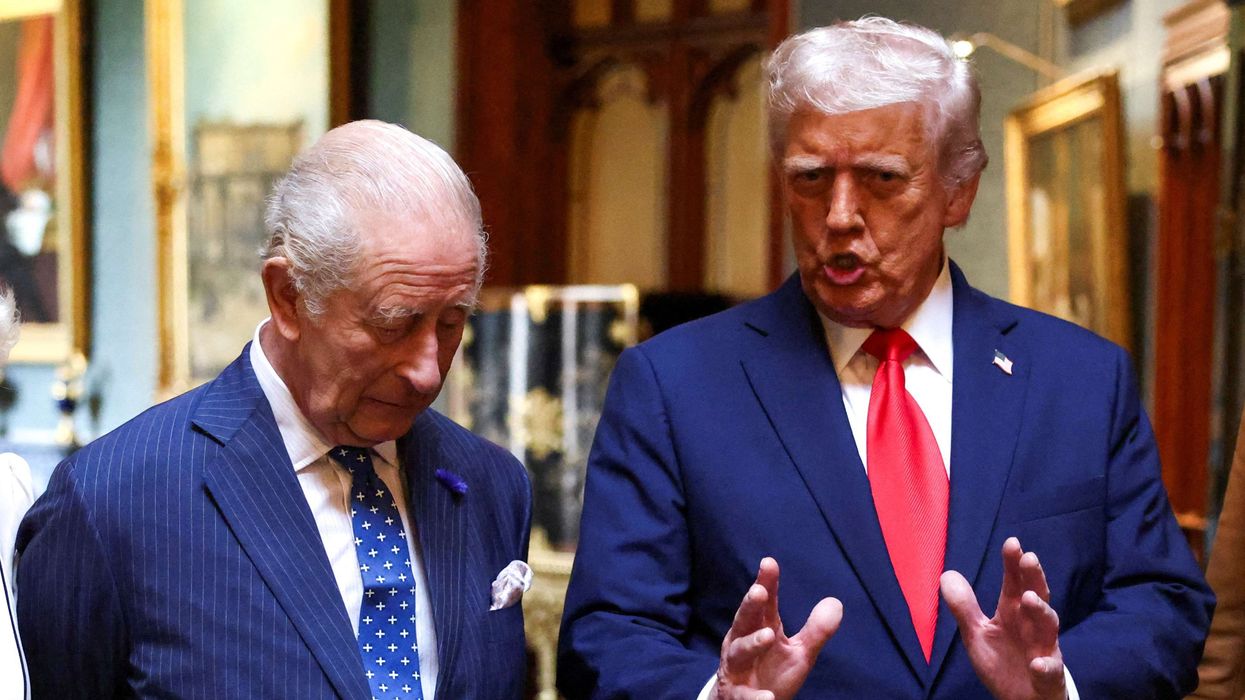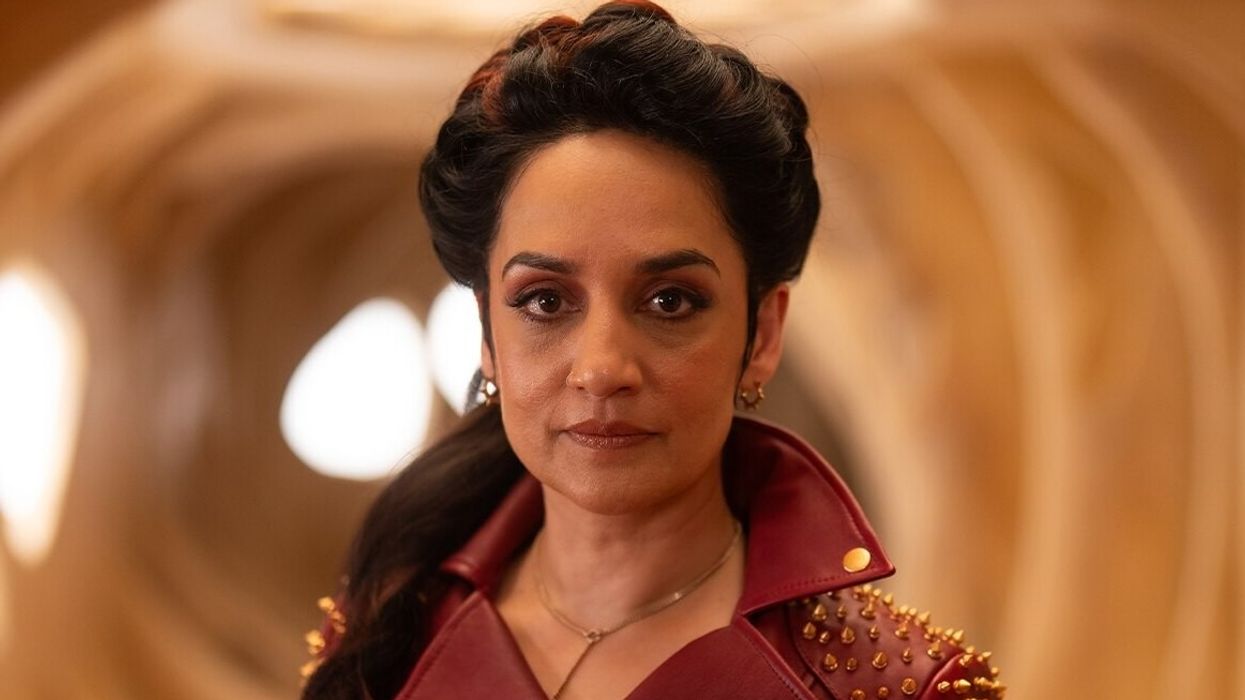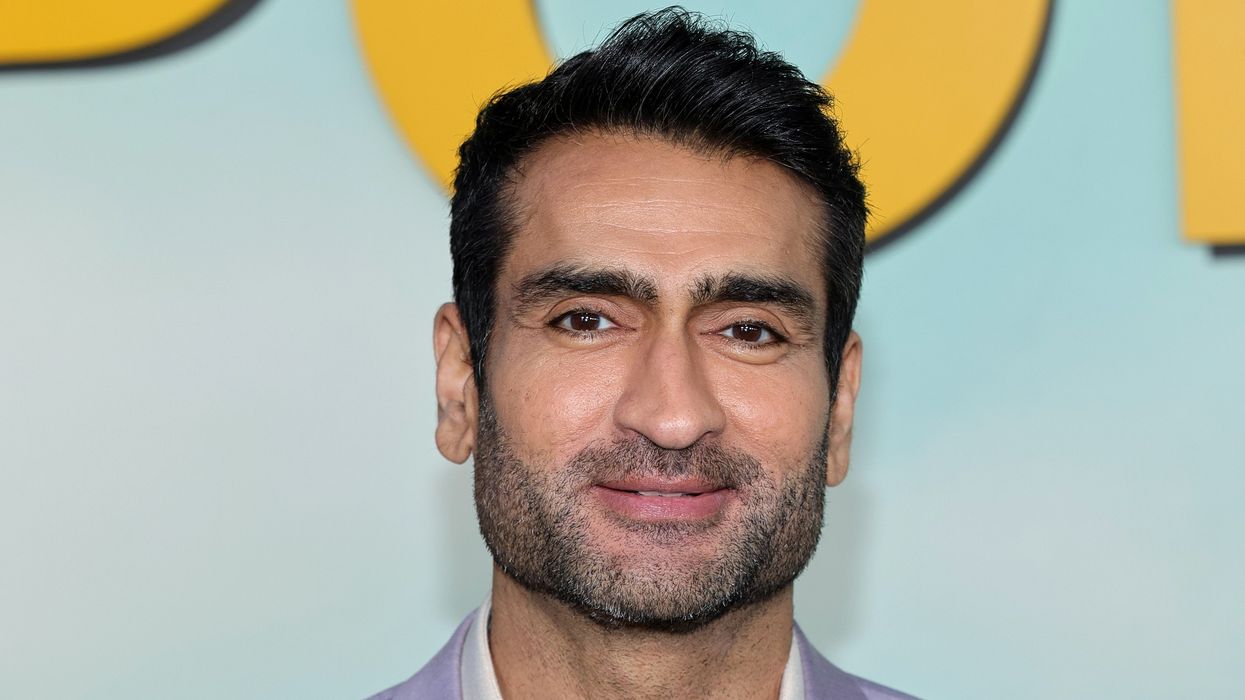ROBERT JENRICK is a man who is likely to refer to a spade as “a murder weapon”.
Not everyone would use his robust language, but surely the shadow justice secretary is right in demanding a national inquiry into grooming gangs so British society can exclude people from “alien” cultures.
To her credit, Kemi Badenoch, who is big enough to be supporting the man who appears to be still hopeful of ousting her as Tory leader, has stated that in her view, “not all cultures are equally valid”.
“A national inquiry is needed because previous inquiries we set up have not joined the dots,” she declared. “In too many cases police, politicians and local officials colluded to keep the rape gangs scandal under wraps. Some even cooperated with the gangs.”
The Reform leader, Nigel Farage – the subject this week of a mocking Private Eye cover – also agrees with Jenrick: “Unless we get to the bottom of what has happened here, to understand the full extent and scale of what has happened here, to understand the motives of those who perpetrated these crimes – which frankly I believe are more than likely to be deeply racist in nature – unless we confront this head on, we are never going to have a path to stopping it.”
It is being widely assumed that what Jenrick is demanding is a national inquiry into the systematic abuse of boys and girls and vulnerable adults by white priests in the Church of England and the Catholic Church. There are fears, of course, that this will tar all Christians with the same brush, because of the actions of a section of the faith.
Others say such an inquiry will cost millions and take seven years and, in any case, much of what went on is already known.
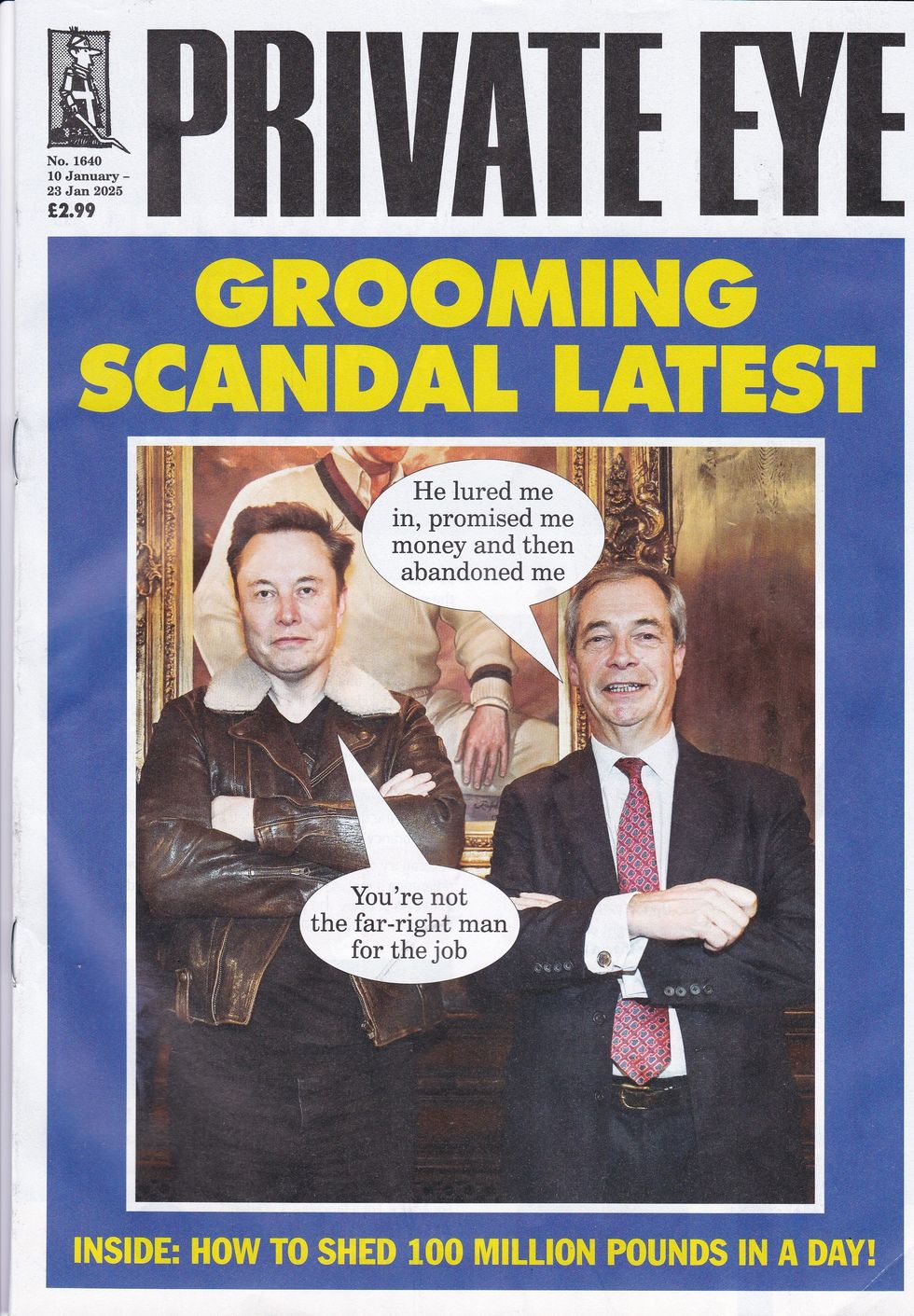
For example, a BBC report in 2022 revealed: “The Church of England has found hundreds of new cases involving allegations of abuse of vulnerable adults and children by clergy, Church officers and volunteers. The reviewers found 383 cases relating to abuse, that the Church says require further attention.
“Of the 383 new cases, 168 relate to children and 149 to vulnerable adults.
“The alleged perpetrators, who are still alive, include 242 clergy, 53 Church officers and 41 volunteers whose role included engagement with children.
“Louise* (not her real name), who says she was abused as a child by a clergyman, told BBC News she had asked to participate in the review, but been ignored.”
She told BBC News: “I feel betrayed and angry because the report states survivors have been included, when I haven’t.”
There was a separate inquiry, headed by Prof Alex Jay, into the Roman Catholic Church, which published its findings in October 2022.
She said: “Between 1970 and 2015, the Roman Catholic Church received more than 900 complaints involving over 3,000 instances of child sexual abuse against more than 900 individuals connected to the Church, including priests, monks and volunteers. In the same period, there were 177 prosecutions resulting in 133 convictions. Civil claims against dioceses and religious institutes have resulted in millions of pounds being paid in compensation.
“It would be wrong, however, to regard child sexual abuse within the Roman Catholic Church as solely a historical problem.
“Since 2016, there have been more than 100 reported allegations each year. Across the entire period of nearly 50 years covered by this Inquiry, the true scale of sexual abuse of children is likely to have been much higher.
“In another instance, a young boy estimated he was abused several hundred times by a senior priest between the ages of 11 and 15 years. After each incident he was required to make confession, and the priest concerned made it plain that his sister’s place at a local convent school depended on his compliance.
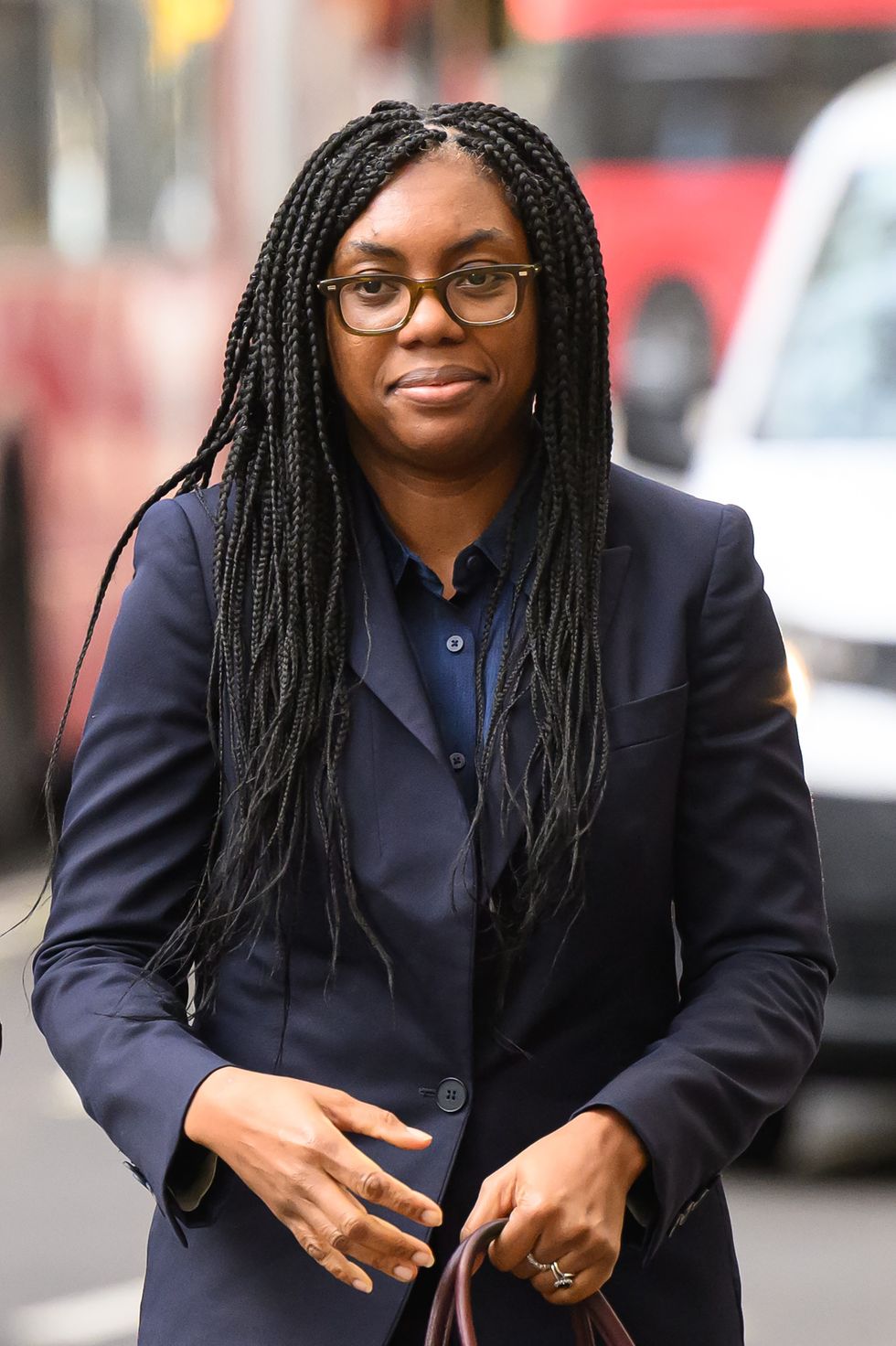
“Among the many convictions of priests and monks was that of Father James Robinson. In 2010 he was convicted of 21 sexual offences against four boys. When sentencing him to 21 years’ imprisonment, the trial judge said Robinson had used his position of authority and total trust to commit ‘the gravest set of offences of sexual abuse of children’ that were ‘unimaginably wicked’.
“Another notorious perpetrator, Father David Pearce, was convicted in 2009 of indecently assaulting a boy aged seven or eight by beating and caning him on his bare buttocks. Pearce would smile as he caned him, and afterwards make the naked child sit on his knee. As a result of the abuse, the victim said ‘he hated himself’ which built up and eventually resulted in him ‘having a nervous breakdown’.
“His mother said: ‘His father and I live with the guilt of sending him to St Benedict’s, trusting a priest … and the guilt of not realising why the change in our son was not more evident to us.’”
“The evidence in this investigation has revealed a sorry history of child sexual abuse in the Roman Catholic Church in England and Wales. There have been too many examples of abusive priests and monks preying on children for prolonged periods of time. Responses to disclosures about sexual abuse have been characterised by a failure to support victims and survivors, in stark contrast to the positive action taken to protect alleged perpetrators and the reputation of the Church. Child sexual abuse was swept under the carpet. Resistance to external intervention was widespread.”
Even the Pakistani grooming gangs are said to be horrified that the abuse by priests went on unchecked for decades.
“We thought we were evil, but they are worse – definitely, we need a national inquiry as demanded by Jenrick saab,” said one outraged gang member in Rotherham. “We have adopted Elon Musk as our patron saint. In our case, the victims were abused twice. By us and by their families who had abandoned them.”
